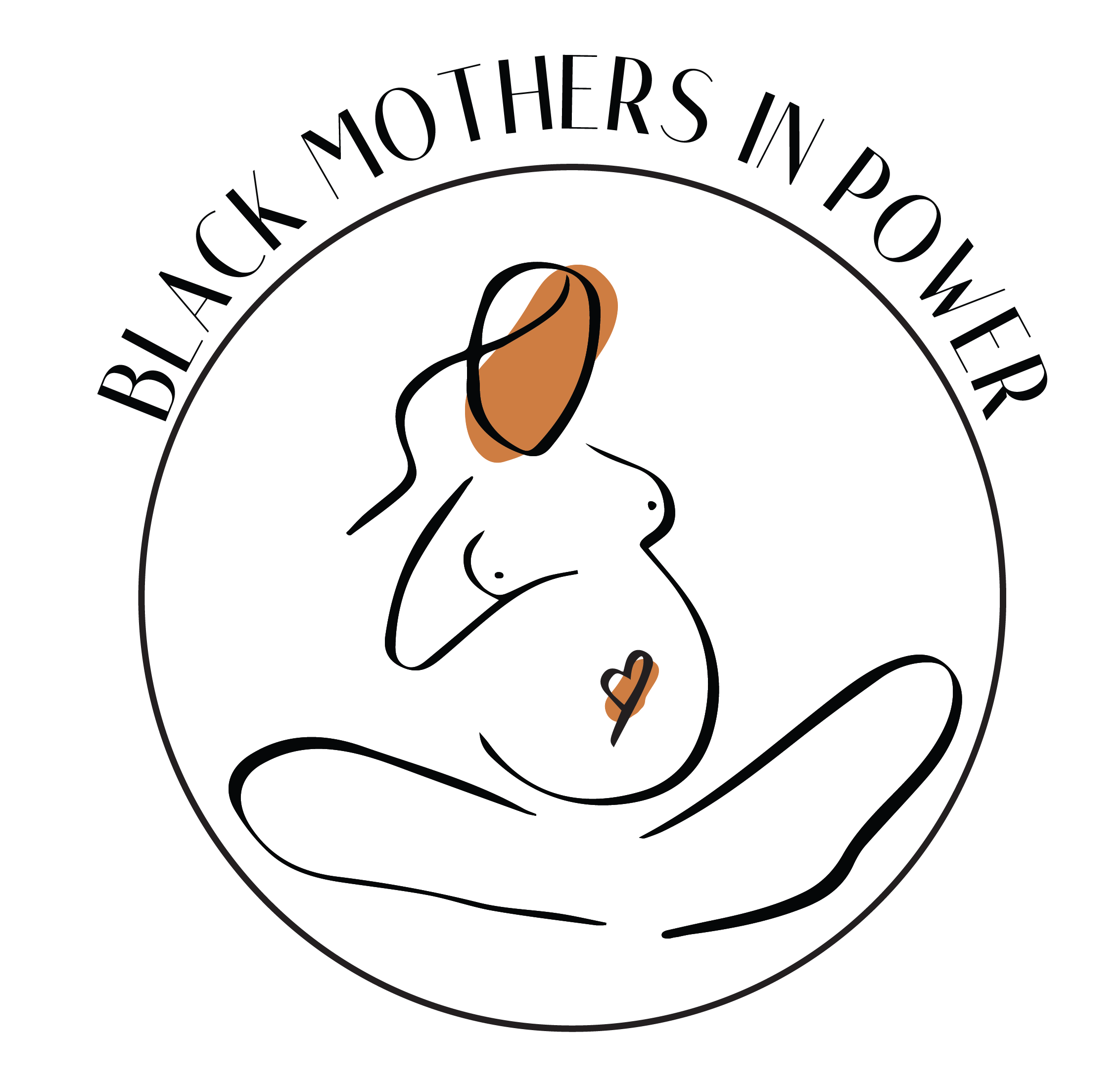Information about women during Ramadan
Ramadan is the ninth month of the Islamic calendar, and it is considered the holiest month of the year for Muslims all over the world. During this month, Muslims fast from dawn until dusk, and it is a time of spiritual reflection, self-discipline, and fasting.
Ramadan is also a time when women play an important role in their families and communities. They prepare traditional meals for iftar (the meal after sunset when the fast is broken), and they take care of their children and families while fasting several hours a day.
Pregnancy and Ramadan
If you are pregnant during Ramadan, it is important to talk to your doctor to get advice on how to proceed. While pregnant women are exempt from fasting, many choose to participate in Ramadan in some capacity. This may mean fasting for part of the day, or fasting on certain days of the week. It is important to remember that the health and safety of you and your baby should always come first, so listen to your body and don't push yourself too hard.
Many pregnant women find that it is easier to fast during the first trimester, as they tend to feel less hungry and nauseous. However, during the later trimesters, it may be more difficult to fast due to the physical demands of pregnancy. If you decide to fast, make sure to drink plenty of water and take breaks when needed.
Menstruation and Ramadan
During menstruation, women are exempt from fasting, as the act of fasting involves refraining from food and drink for a set period of time. However, it is important to remain spiritually connected to Ramadan during this time. You can do this by continuing to pray, read the Quran, and engage in other acts of worship.
Breastfeeding and Ramadan
Breastfeeding mothers are also exempt from fasting, as their bodies require more nutrients and hydration to produce breast milk. However, it is still important to maintain a healthy diet and stay hydrated throughout the day. Make sure to drink plenty of water and eat nourishing, healthy meals during non-fasting hours.
Medication and Ramadan
If you are taking medication, it is important to talk to your doctor before fasting. Some medications may need to be adjusted or taken at different times if you are fasting, so it is important to get medical advice before beginning.
During the holy month of Ramadan, Muslim women may find it difficult to schedule important health appointments such as pap smears. However, it is important for women to prioritize their health and schedule necessary appointments outside of fasting hours. Regular pap smears can help detect cervical cancer early on, leading to better treatment outcomes. Muslim women should consult with their healthcare provider to find a time that works for them to schedule their pap smear while still observing their religious obligations.
Insights and Reflections
Ramadan is a time of spiritual reflection and connection for Muslims around the world. However, it is important to remember that women may face unique challenges during this time, especially when it comes to pregnancy, menstruation, breastfeeding, and medication. By staying informed and making informed decisions, we can ensure that we can fully participate in Ramadan while also taking care of our health and well-being. Stay strong, stay safe, and enjoy Ramadan!





